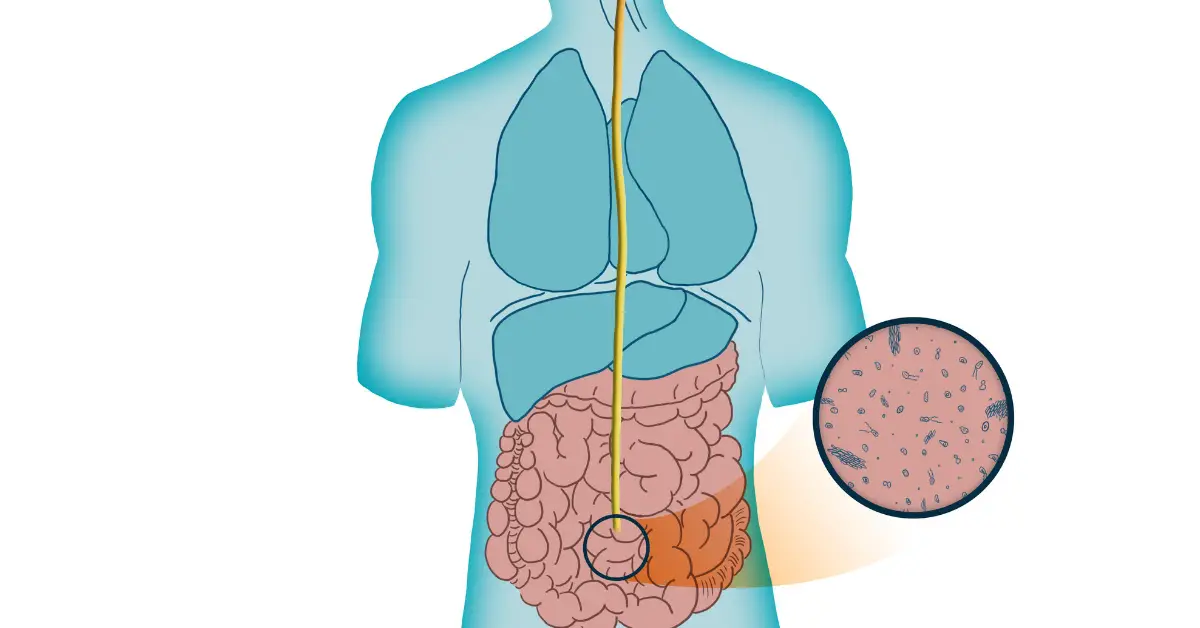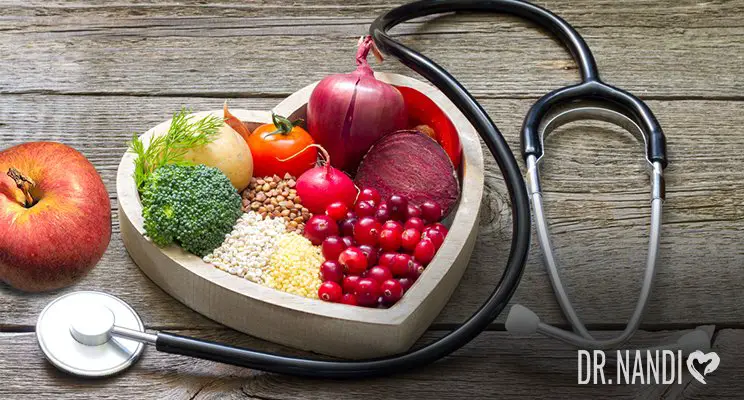A Personal Note:
Knowledge is power. If you are experiencing trouble with your gut, understanding what constitutes a healthy gut is an important first step.
What Is Gut Health?
Your gut refers to your digestive system, in particular, everything from your stomach to your colon. Your gut is often referred to as your “second brain” because it is equally important to your ability to thrive and live a healthy life. An unhealthy gut can lead to aches and pains, inflammation, and health conditions inside and outside of your digestive system.
What Is Your Microbiome?
Your microbiome is a mini-ecosystem in your gut. It is a collection of microbes that inhabit this particular area of your body. It includes both good and bad bacteria in your gut. In a healthy microbiome, good bacteria are plentiful and able to fight any potential bad bugs, viruses, and fungi trying to attack your body. An unhealthy microbiome is lacking balance, and is overrun by pathogenic bacteria. An unhealthy microbiome creates a compromised gut that makes you more susceptible to disease.
Your microbiome neutralizes toxic by-products of your digestive process, fights bad bacteria and yeast, and reduces toxin, carcinogens, and other harmful substances. It supports healthy absorption of nutrients and elimination of waste.
Signs Your Microbiome Is Unhealthy/Out Of Balance
You have digestive problems
Your microbiome plays a huge role in your digestive health. Bloating, indigestion, diarrhea, nausea, IBS, IBD, and other stomach issues are a clear sign of compromised gut health.
You do not eat a healthy diet
If you are strictly eating a standard American diet lacking prebiotic fibers, probiotics, vitamins, minerals, and antioxidants, your gut has little chance. All the unhealthy food impacts your gut health allowing pathogenic bacteria to overtake your microbiome.
You are addicted to processed foods and sugar
Processed foods are usually high in sugar, high in calories, and high in ingredients that are difficult to break down. Additionally, they are low in fiber and nutrients. Bad bacteria feed on sugary foods and create an unhealthy cycle. The more sugar and processed foods you eat, the more compromised your gut health will be, and you will crave sugar and junk food even more.
You are overweight or obese and have difficulty losing weight
Eating a healthy diet that supports proper digestion can help you to lose weight, find your healthy set point, and maintain a healthy weight. Overweight and obese individuals are more likely to have a compromised microbiome that makes it difficult to lose weight. Cleaning up your gut flora is an important key to achieving weight loss.
You have a poor immune system
Your microbiome health has a strong influence on the quality of your immune system. Frequent respiratory issues, infections, and gastrointestinal problems may be a sign of compromised gut flora.
You are experiencing inflammatory health conditions
Inflammation in your body and inflammatory diseases are associated with dysbiosis, an unhealthy balance in your gut. Inflammation can lead to a range of health conditions, including IBD, allergies, depression, heart disease, Alzheimer’s, and more.
You have depression, anxiety, poor memory, or other mood disturbances
Your mental health, brain health, and mood are closely associated with your gut health. No wonder your gut is nicknamed the ‘second brain.’ An unhealthy microbiome can contribute to mental health conditions, such as depression and anxiety, as well as conditions related to your brain health, such as poor memory and Alzheimer’s.
You are using disinfectants all the time
Your body needs to be exposed to bad bugs to learn to deal with them in a healthy way. Trying to be 100% ‘clean’ on a constant basis can lead to an enormous shock factor for your body when it meets any bugs. Super-sanitizing yourself and your environment can actually disrupt your microbiome and lead to disease.
You take lots of medication
Medications, in particular antibiotics, painkillers, antacids, steroids, and oral contraceptives interfere with your microbiome health. Antibiotics, for example, kill the good bacteria that protect your health. Medication becomes particularly problematic if you are not taking probiotics and eating a healthy diet and/or if you are overusing the medications.
How to Support Gut Health
- Eliminate processed foods, processed sugar, artificial ingredients, and additives from your diet.
- Get tested for allergies and food sensitivities, or try an elimination diet. Change your diet accordingly.
- Eat a fiber-rich, mostly plant-based diet abundant in greens, vegetables, fruits, nuts, seeds, beans, legumes, and whole grains.
- Take probiotic supplements. Eat prebiotic and probiotic-rich foods.
- Chew your food well. Eat mindfully. Eat regularly. Avoid overeating.
- Avoid tobacco, alcohol, and drugs.
- Drink plenty of water. 8 – 10 glasses a day is ideal.
- Avoid antibiotics and medications if possible. If you must take them, take probiotics and pay particular attention to your diet.
- Lower your stress levels.
What Foods Promote Gut Health?
- Fermented foods rich in probiotics, such as sauerkraut, yogurt, kefir, kombucha, kimchi, and tempeh
- Prebiotic-rich foods, such as garlic, onion, dandelion greens, leeks, asparagus, bananas, oats, and apples
- Foods rich in polyphenols, such as almonds, cacao, blueberries, broccoli, green tea, and grapes
- Foods rich in fiber, such as greens, vegetables, fruits, beans, legumes, whole grains, nuts, and seeds
- Superfoods, herbs, and spices that support your gut health, such as turmeric, ginger, cumin, cinnamon, and cardamom
For more information on specific gut-related disorders and diseases, I encourage you to access the links above.



















